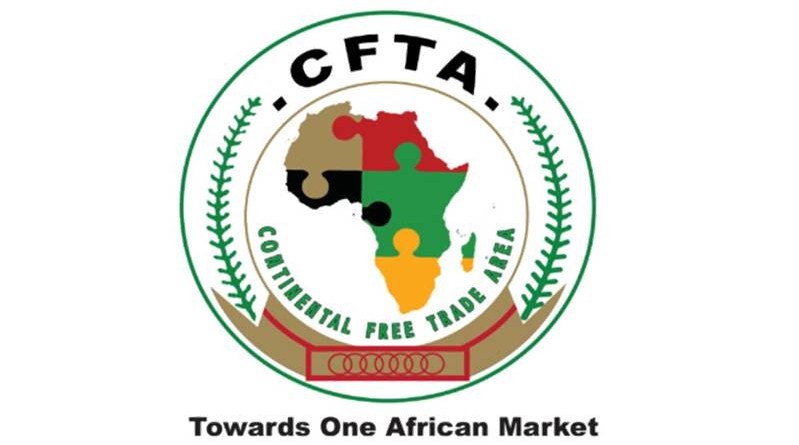FGN Validates Nigeria’s National AfCFTA Implementation Strategy
At a recent workshop in Lagos , the FGN together with about 200 stakeholders from various sectors with the assistance of the United Nations Economic Commission for Africa (UNECA), validated its national AfCFTA implementation strategy. Participants examined the strategy’s eight pillars and their applicability to Nigeria’s development agenda.
The National Action Committee on AfCFTA’s (NAC) Implementation Strategy outlines the Government of Nigeria’s top priorities for completing in order to fully benefit from the African Continental Free Trade Area (AfCFTA). It was examined last month in Lagos by a technical panel.
In his opening remarks, Mr. Adeyinka Adeyemi, Senior Advisor in the Regional Integration and Trade Division (RITD) of the ECA, emphasized that the ECA has been collaborating with member states through its African Trade Policy Centre (ATPC) to strengthen trade integration within Africa and successfully implement the agreement through the development of national strategies.
“Nigeria has demonstrated high commitment to the implementation of AfCFTA,” Mr. Adeyemi noted, adding, “It is my conviction that the feedback from the workshop will further enrich the strategy and form the basis for an upgraded document for the Government’s consideration and eventual adoption.”
In order to ensure the smooth implementation of the AfCFTA, he gave the audience the assurance that the ECA would continue to assist the Nigerian government’s plan for economic development and transformation.
In a speech given by Mr. Simon Omo-Ezomo, Director, Special Duties, the Permanent Secretary of the Federal Ministry of Industry, Trade and Investment, Dr. Evelyn Ngige, said that developing a national AfCFTA implementation strategy is a crucial step in realizing the full potential of the AfCFTA so that Nigeria can play a significant role in the regional economy of Africa and the evolving market.
In his presentation of the Implementation Strategy, Mr. Francis Anatogu, a former secretary of the National Action Committee, highlighted that Nigeria’s national AfCFTA implementation strategy is yet another significant step in the country’s effort to build specific product and service value chains at scale specifically for regional integration through AfCFTA. He added that the validation workshop would prepare the ground for the AfCFTA strategy’s official acceptance and execution.
“The focus is on the value chain coming together,” “All stakeholders need to invest and drive towards the effective implementation of the AfCFTA strategy, which will require the government, the private sector and other trade support institutions to closely work together,” Mr. Anatogu stressed.
The formulation of the strategy is based on a procedure that is inclusive and both participatory. In addition to defining an implementation strategy for the measures outlined in the Agreement establishing the AfCFTA, it has made it possible to collect both quantitative and qualitative data.
With the help of the Economic Commission for Africa, Nigeria becomes the 25th nation to officially validate its national AfCFTA Implementation Strategy.
One of the main components of the project supported by the European Union is the AfCFTA validation workshop. The EU backs ECA in its initiatives to promote ratification of the AfCFTA and create and operationalize national plans for the agreement’s successful implementation and oversight.




